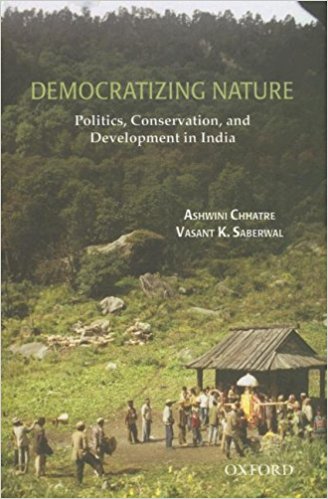In theory, the word ‘conservation’ brings to mind a science requiring careful knowledge of ecological principles for the preservation, protection and restoration of human-impacted landscapes. In practice, it has also become a contentious stage for debate, where politics – local, national and global – engages with policies, governments impact the lives of local communities, and development displaces conservation. Democratizing Nature is a careful study of the multiple facets that constitute conservation practice in the real world, using the Great Himalayan National Park (GHNP) in north-western India as a microcosm to engage with larger issues of environmental politics in India. A number of parks and protected reserves such as the GHNP have been established world-wide, in response to increasing concerns about the escalation of human impacts on biodiversity. Currently, over 102,000 protected areas are in existence across the world, and protect (at least on paper) a staggering 12.65% of the earth’s land cover.
While some parks have experimented with forms of participatory management, the majority of these areas continue to be under government control, with limited participation, if any, by local communities. There has been increasing awareness of the social consequences of creating protected areas that exclude local inhabitants from traditional ways of life.

